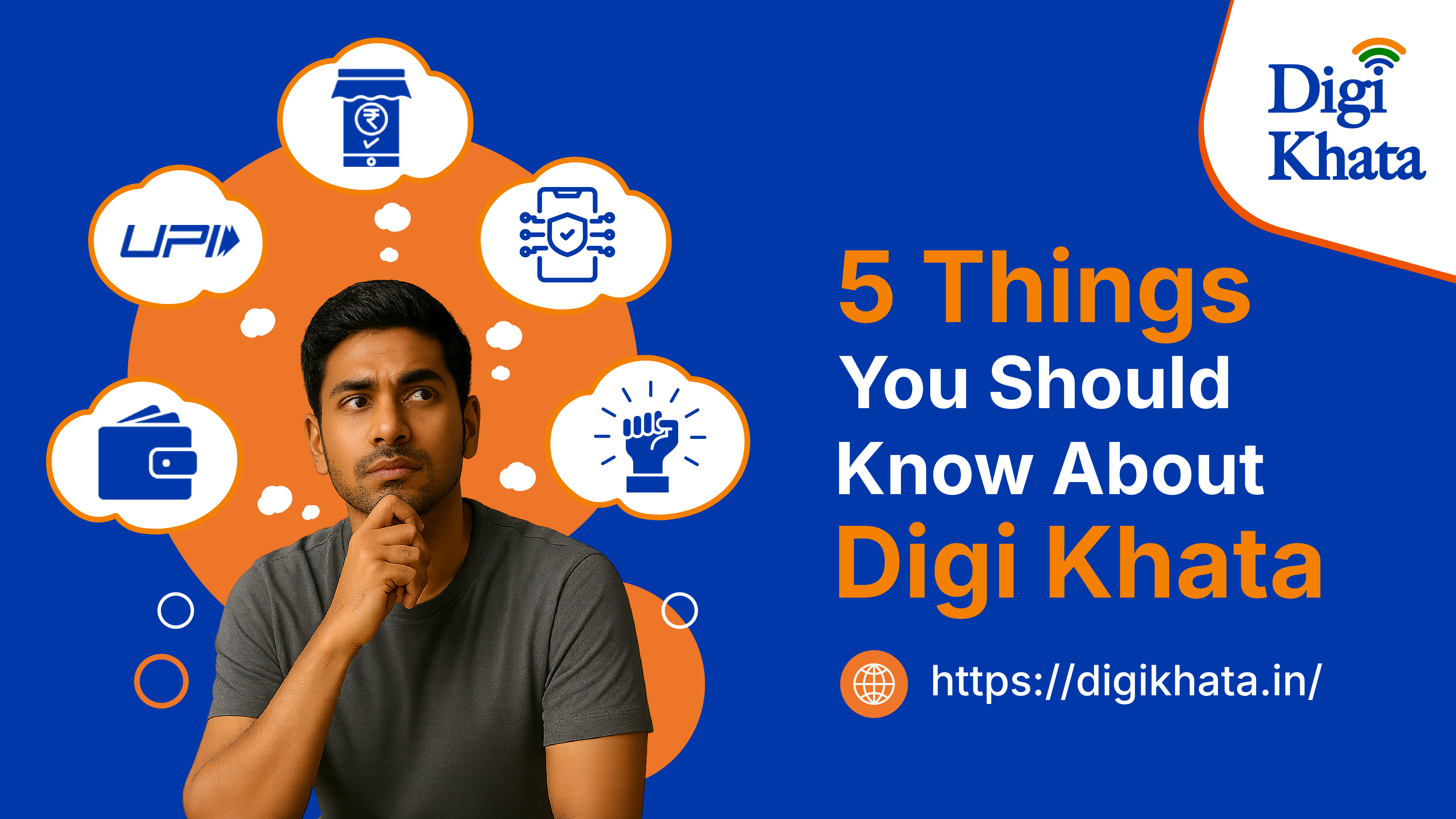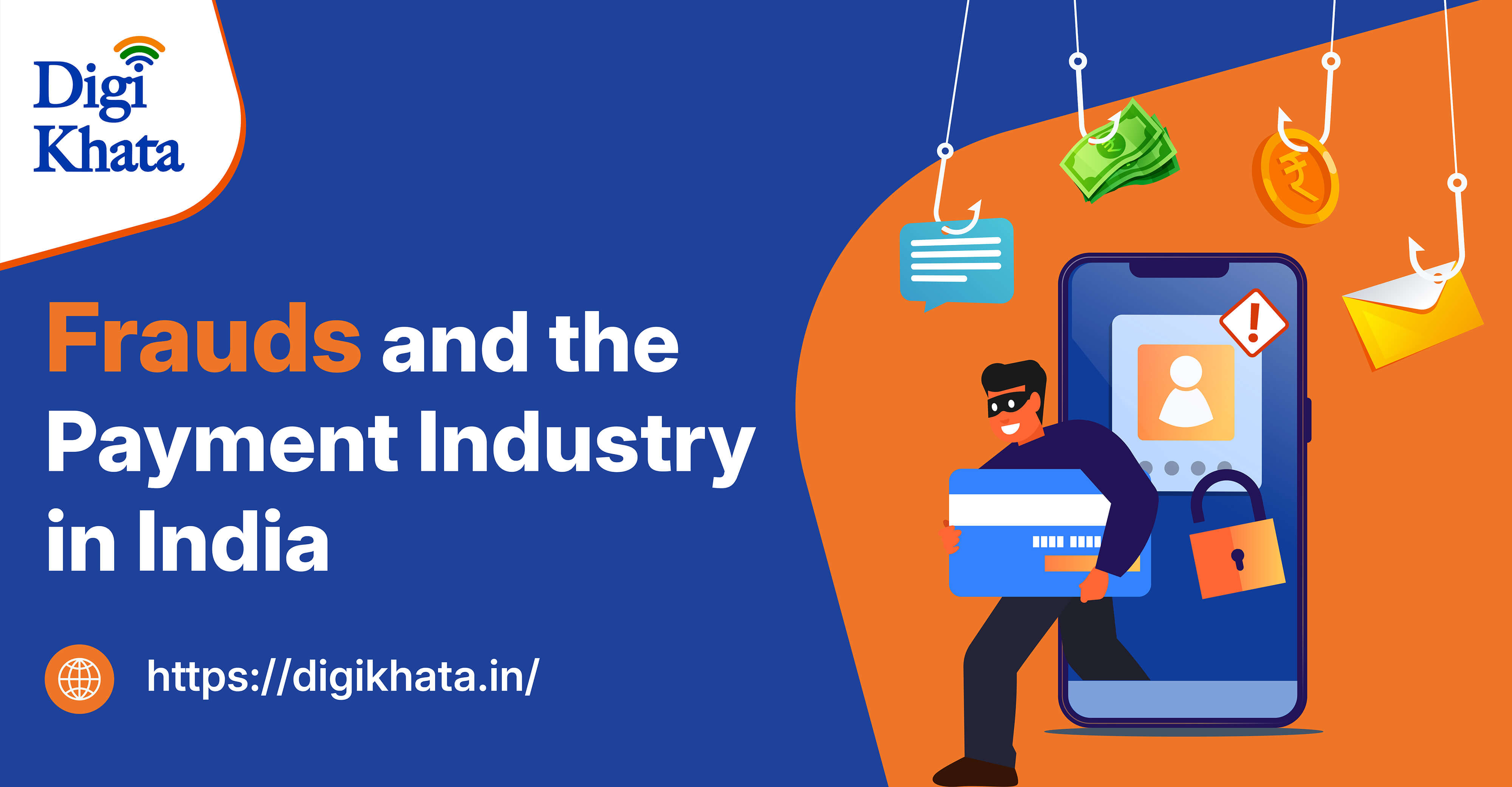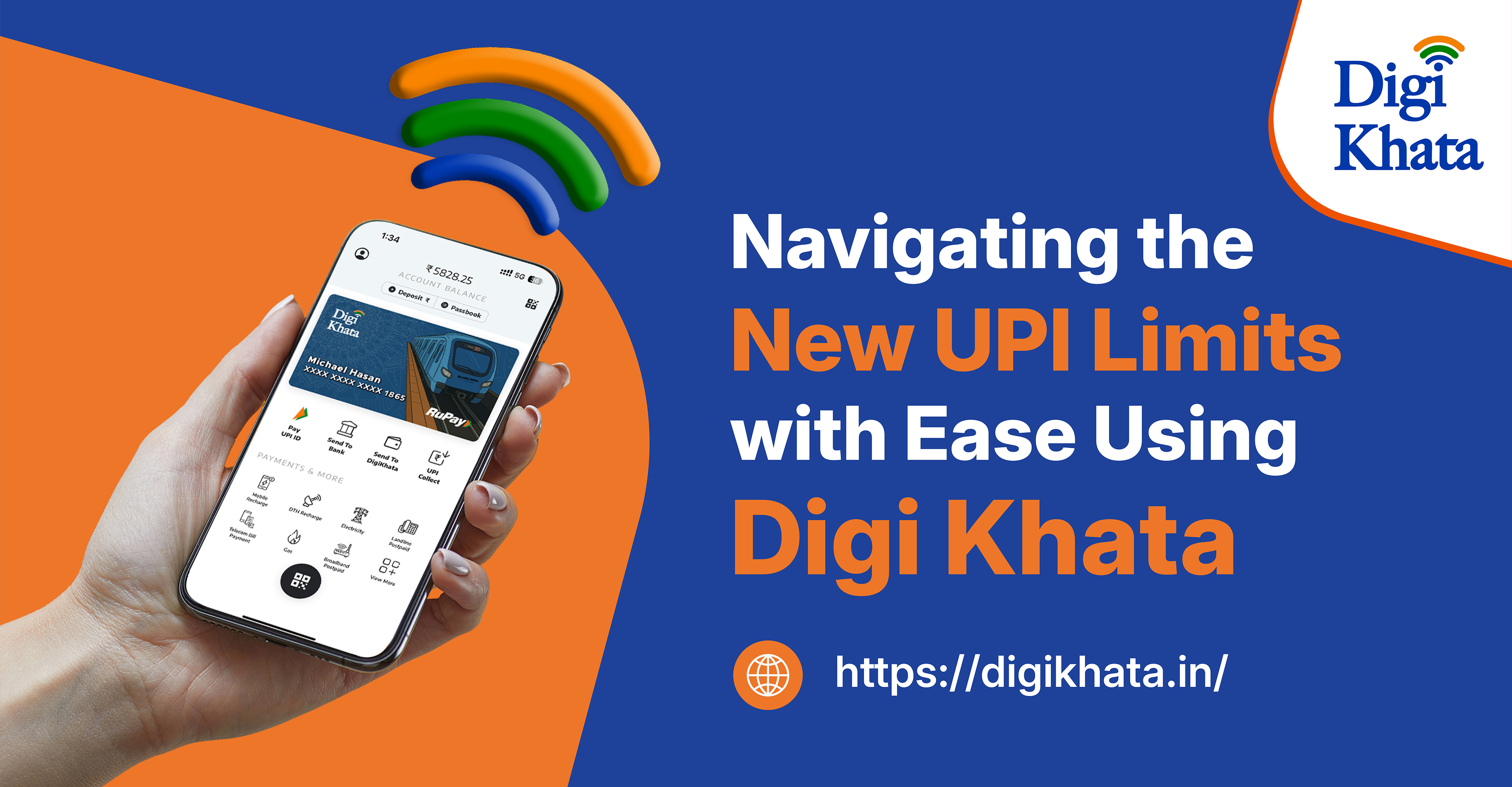Apr 26, 2024
Evolution of Money: From Barter Systems to Digital Era

Money, in its various forms, has played a crucial role in the evolution of human civilization. It has not only served as a medium of exchange but has also reflected the economic and technological advancements of societies over time. From the early barter systems to the modern digital currencies, the concept of money has evolved significantly. This blog delves into the captivating evolution of money, charting its path from its ancient roots to the digital era.
What is money?
Money is a medium of exchange that facilitates transactions of goods and services. It serves as a unit of account, providing a common measure of value for comparing the worth of different goods and services. Money also acts as a store of value, allowing individuals to save purchasing power for future use. In modern economies, money takes various forms, including coins, banknotes, and digital currencies. Its fundamental role is to overcome the limitations of barter systems by providing a widely accepted and standardized means of conducting transactions.
When was money invented?
The concept of money dates back to ancient times, with the exact origin difficult to pinpoint. Early forms of money likely evolved from barter systems, where goods and services were exchanged directly. The use of commodity money, such as shells or grain, emerged in various civilizations around 3000 to 2000 BCE. Metal coins were introduced around 600 BCE in Lydia, an ancient kingdom in present-day Turkey. Paper money originated in China during the Tang Dynasty (618–907 CE), while the modern banking system and fiat money developed in Europe during the Renaissance and Enlightenment periods.
The Evolution of Money
Barter Systems: Before the invention of money, people relied on barter systems to trade goods and services. Barter involved exchanging one type of good or service for another, but it was inefficient and limited by the double coincidence of wants.
Commodity Money: As societies evolved, they began using commodity money, which had intrinsic value in addition to its value as a medium of exchange. Examples include shells, beads, salt, and grain, which were widely accepted in trade.
Metal Coins: The introduction of metal coins marked a significant advancement in the history of money. Metal coins were durable, portable, and easily divisible, making them ideal for trade. The use of coins spread rapidly across civilizations.
Paper Money: Paper money originated in China during the Tang Dynasty and later spread to other parts of the world. Paper money was initially backed by precious metals but later transitioned to fiat money, which is not backed by a physical commodity but by the government's guarantee.
Banking Systems: The development of banking systems allowed for the issuance of banknotes and the facilitation of financial transactions. Banks played a crucial role in the development of modern economies by providing services such as lending, deposit-taking, and money transfer.
Digital Currencies: The rise of the internet and digital technologies has led to the emergence of digital currencies such as Bitcoin and other cryptocurrencies. These digital currencies operate independently of central banks and are based on decentralized blockchain technology.
The Evolution of Modern-Day Money
Money has come a long way from its origins as a medium of exchange to the digital forms we use today. We'll explore the evolution of modern-day money, focusing on credit cards, debit cards, and online payments, and how they have transformed the way we transact.
Credit Cards: A Convenient Financial Tool
Credit cards revolutionized the way people make purchases. They allow users to borrow money from a financial institution, known as the issuer, to buy goods and services, with the promise of repayment at a later date. Credit cards offer various benefits, such as rewards points, cashback, and fraud protection, making them a popular choice for many consumers.
Debit Cards: A Direct Link to Your Bank Account
Debit cards are another modern form of money that has gained widespread use. Linked directly to a bank account, debit cards allow users to spend money they already have. They offer the convenience of cashless transactions while ensuring that users stay within their budget, as they can only spend what's available in their account.
Online Payments: The Rise of Digital Transactions
The advent of the internet has paved the way for online payments, transforming the way people shop and conduct business. Services like PayPal, Venmo, and digital wallets allow users to transfer money, pay bills, and make purchases online or through mobile devices. Online payments offer convenience, security, and efficiency, making them a preferred choice for many consumers and businesses alike.
Security and Fraud Protection
One of the key advantages of modern-day money, including credit cards, debit cards, and online payments, is the security features they offer. These include encryption technology, fraud detection systems, and the ability to dispute unauthorized transactions. These features help protect consumers from identity theft and fraud, giving them peace of mind when using these payment methods.
Digi Khata: Digital Solutions for Business Transactions
Digi Khata offers comprehensive digital solutions for business transactions, making it easier than ever to manage your finances. With our focus on convenience and accessibility, we provide a range of services that cater to various needs.
One of our key offerings is the ability to open a Free Digital Account Online, instantly and hassle-free. Whether you're a student looking for a Zero Balance Account or a professional seeking a Free Digital Account, we've got you covered. Our platform also supports instant UPI account creation, allowing you to Create a UPI ID Online with ease.
For businesses, our digi kiosk self-service options provide convenient ways to manage your finances. Whether you run a small business or a large enterprise, our digital vyapar solutions are designed to streamline your operations and improve efficiency.
We understand the importance of accessibility, which is why we offer Free Digital Accounts for Professionals, Homemakers, and even Elders. With Digi Khata, opening an open account of your maid is quick and straightforward, ensuring that everyone has access to modern financial solutions.
Conclusion
In summary, the journey of money from barter systems to digital currencies exemplifies human ingenuity and economic progress. The evolution of money reflects our quest for more efficient, secure, and accessible means of exchange. Today, credit cards, debit cards, and online payments have revolutionized transactions, offering convenience and security.Digi Khata further enhances financial management, catering to diverse needs. As we embrace these modern monetary forms, the evolution of money continues, driven by technological advancements and societal demands. This ongoing evolution promises a more connected and digital future, redefining how we perceive and utilize currency in our daily lives.
 Dec 02, 2025
Dec 02, 2025
 Sep 16, 2025
Sep 16, 2025
 Aug 28, 2025
Aug 28, 2025

